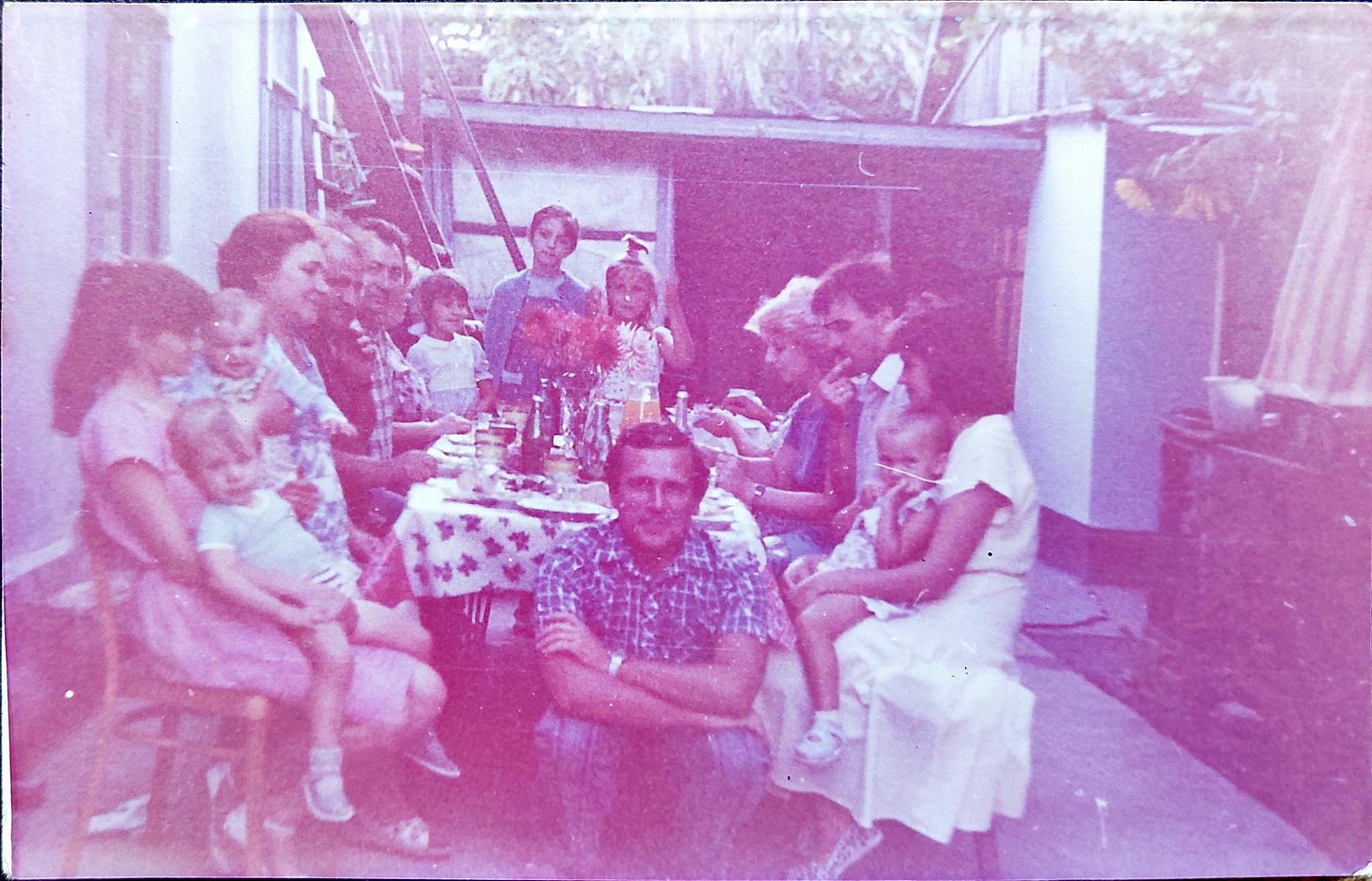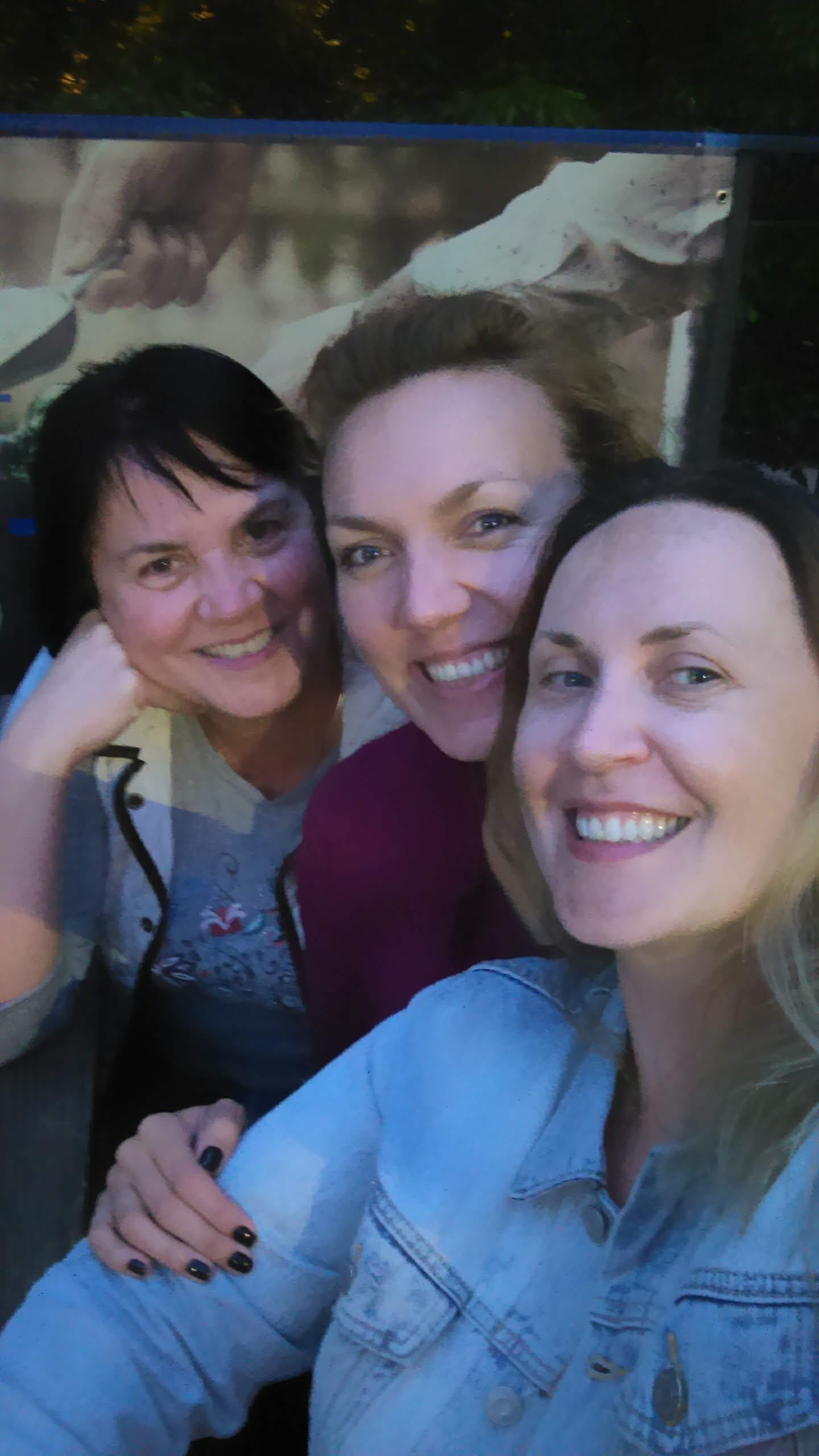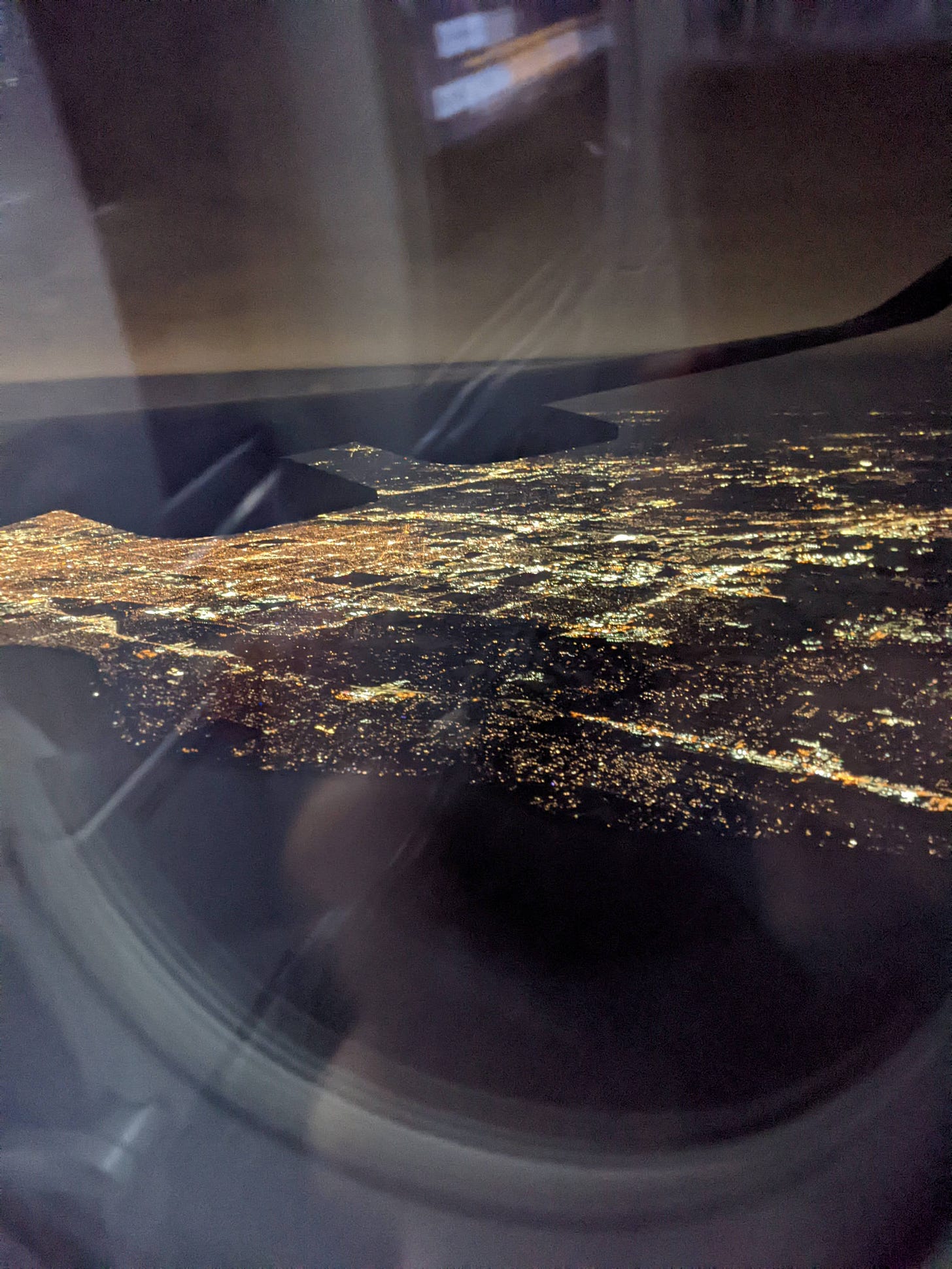Ukraine: A Way Forward
Following is an excerpt from Light in the Fields, a memoir of growing up in post-Soviet Ukraine and immigrating to the USA by Yuliya Shirokova, to be published by Blue Ear Books. A previous excerpt was published Friday, February 24, the anniversary of Russia’s invasion of Ukraine.
It was now 1:30 a.m. [Seattle time on February 24, 2022]. The garden lights had long since turned off, but I had not noticed. The neighbors’ dim nightlights and the waning crescent moon were the only light showing through the darkness. The tears finally burst out of me. My body began to shake. I was sobbing and trying to keep from screaming. Living on a different continent from my family, having trained for war, and growing up on my great-grandmother’s and grandmother’s stories about the war and the Holodomor, I had thought about this many times. Now its potential became very real: I might never see my family again.

I’ve had a lot of adventures in my lifetime, so generally can anticipate what my reaction will be in many different circumstances, but nothing could have prepared me for this. I felt all air leave my lungs as if someone had punched me directly in the solar plexus. Nausea filled my stomach and spread through my body. I took a series of small breaths. This was not the time to panic. I just knew that I could not just sit here and wait for the unknown. So many thoughts flooded my mind that I could not focus or identify even one. I began with reaching out to my uncles, aunt, cousins, and friends just to find out if they were okay. I sent all of them a link to a money-transferring app, so they could reach out to me for help if they chose to. Thoughts were continuing to invade, but no clarity was coming.
My sister’s phone call to our shared group interrupted this paralyzing jumble. I jumped on the call. The threat of air bombing was temporarily off, she said, so she had come back up to her flat to take a shower and reset. Mom, Irene, and I stayed on the phone for maybe twenty minutes and together heard the siren come back on. It was time for Irene to go back to the shelter. I don’t know how many times this pattern repeated that night. Every time Irene went into the shelter, I comforted my mom who was at work. When Mom had to tend to patients, I fruitlessly attempted to at least take a nap. I was left one on one with my thoughts, which I later shared during the next call from my sister. I discussed with them whether it was better for Irene to stay in the flat or go to the shelter. The shelter was underground, beneath a sixteen-story building, whereas in her flat she might have the ability to get out and avoid being crushed by the rubble. On the other hand, there were other people in the shelter. Rescuers would know to dig for them there, but would not know that my sister was in another part of the building. I gave her tips on how to be safe in each scenario, how to cover during shootings versus bombings, and what to put into her emergency backpack. To my and Mom’s great relief, Irene did want to go to the shelter. As the night went on, we mostly just stayed on the phone while each looking at our different news sources and sharing if we heard anything from there or from somebody we knew.
I continued to try to take cat naps in the periods between sirens, but just could not will my body to let go enough. As morning drew closer, the clarity of my thoughts manifested through intense feelings. I began to feel guilty, disgusted, sad, and angry. Why was I feeling all this instead of just anger? Many times I have heard my Jewish friends say that the reason many Jewish families have three kids is to make up for the parents, plus for one Jewish person killed during the Holocaust. I now understood what that meant. I felt deep guilt for choosing not to have biological children earlier in life. Once again moscali were attempting to annihilate my nation and heritage, and I had done nothing as a woman to help preserve the nation, traditions, and history. Disgust came from realizing how previously, inadvertently and unsuspectingly, I had abetted Russian propaganda by not correcting people when they called me Russian, and by staying silent when I heard friends make statements like, “I know Putin is basically a dictator, but I can’t help but respect him.” They felt comfortable saying it to my face after the invasion of Crimea, and in shock I just stayed quiet.
These thoughts kept pulsing through my mind, as though on a closed loop. It was now 4:15 a.m. on February 25. The times that Irene was out of the shelter broke this loop for small breaks, but after hanging up with her the intensity picked right back up. I felt helpless, drowsy, nauseated, and angry. Wait, I thought: why helpless? I have served the U.S. as a medic, and I could do it now for my family and first homeland! With this realization, the release of tension throughout was immediate. This would be a perfect way to contribute to the Ukrainian victory, be close to my kin, be a part of a solution, and release my emotions. Having come up with the plan, I decided to let my family know of my decision as soon as we talked again, and to begin preparations for the move.
A few minutes after the decision, no matter how hard I fought it, my mind and body finally gave up. Relieved that there was a solution in place, I dropped off to sleep on my couch, still wearing my work clothes from the day before. I missed two phone calls from my sister and suddenly woke up around 6:30. Drowsy, eyes swollen and red from tears and lack of sleep, with a pang of deep guilt and fear in my chest when I realized that anything could have happened in the past hour and a half. I frantically looked through all the Ukrainian, American, and British news. The fight continued. NATO and the allies were watching to see which way the full-scale invasion would be leaning. A wave of loathing for this abhorrent behavior from Russia and everyone watching again washed over my spine and neck. I had to join the fight.
Quickly I texted my immediate family to see if everyone was okay and jumped into the shower, since work still needed to happen. The only time I had taken a shorter shower was on the first day of boot camp when all fifty-plus of us girls had only thirty seconds to shower, but I wasn’t thinking about that at this time. The goal was to wash as quickly as possible, so I could see if everyone was okay in the responses to the texts. Toweling off, I looked at the texts. Everyone was okay. I took two more minutes to brush my teeth and dress, and immediately called my mom and sister. Thankfully, they answered at the first ring. We lovingly greeted each other, and they gave me a summary of the last two hours’ news. For now, it was still unclear which way the pendulum of war was swinging. Thank God for our upper leadership! They were still in Kyiv and putting out communications to the people. I was now in my car, on my way to work. I had to tell them about my decision.
I said: “Girls, I thought about this, and I will begin preparations to go to Ukraine to join the army.”
Without missing a beat, my mom said: “Me too! I won’t be able to be in the fields but I can be at a hospital. You know, I used to be a reserve medic during the USSR. Back then it was forced, but now, I thought about it all day too, and I want to help!”
My sister began to talk, but her voice broke. Holding back tears, she loudly made her mind known. “Are you fucking kidding me?! I am living here with the air raid sirens, never knowing where and when the next bomb will come, and you two want to be running around the fields?! Do you want me to die sooner?!” She paused. Then, in a calmer tone, she clarified her thoughts.
“It is not that I don’t want to help our troops fight,” she said. “It’s just that I believe that both of you could do more in the long term from where you are at. Plus, it would bring me some much needed peace at this point. Right now, there are more people standing in line to sign up than the military can process. Please, for now, let’s think about what you can do from where you are. Then, when the need is there, I promise I’ll support you fully.”
My mom and I had to take a pause to process. We loved each other too much to bring on any additional pain. Both of us agreed with Irene and agreed to talk in our next call about what we could do, from where we were, to help Ukraine and everyone we knew.
I was now parked and had to go to work.
A previous excerpt was published Friday, February 24. Yuliya Shirokova is a local healthcare professional in Washington state, a former U.S. Army medic, and a Ukrainian immigrant. Over the past couple of decades she has had the challenge and pleasure of balancing a life divided between two different worlds on two continents. In her upcoming memoir, Light in the Fields, she will be sharing the experience of growing up before and after the breakup of the USSR, seeing the U.S. through the eyes of a teenage immigrant, and bearing witness to the current war in Ukraine.







